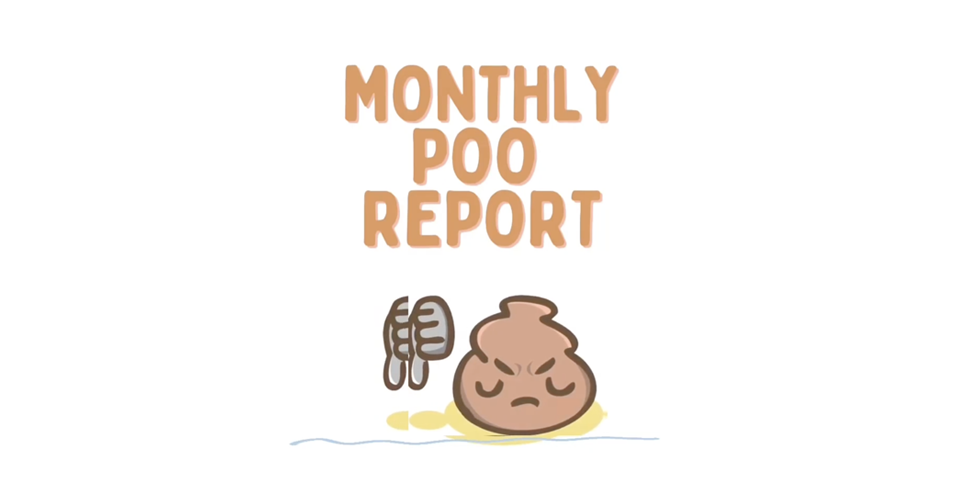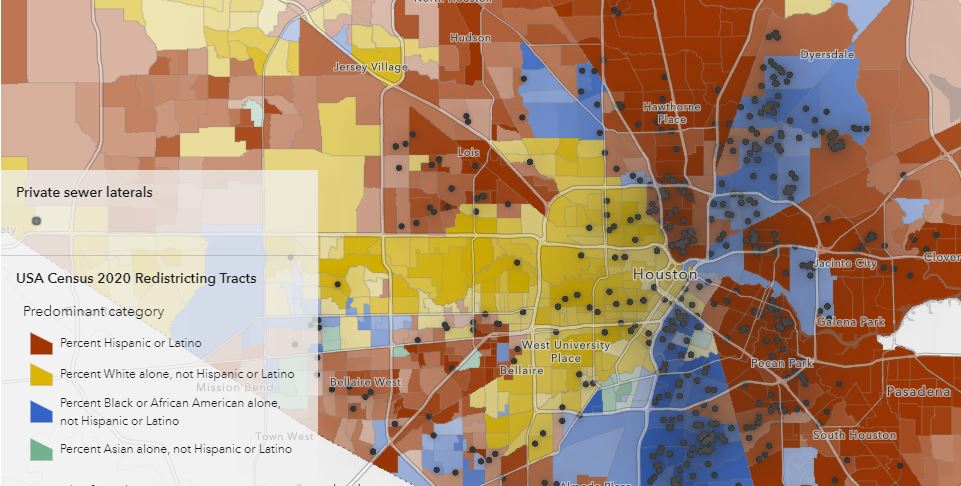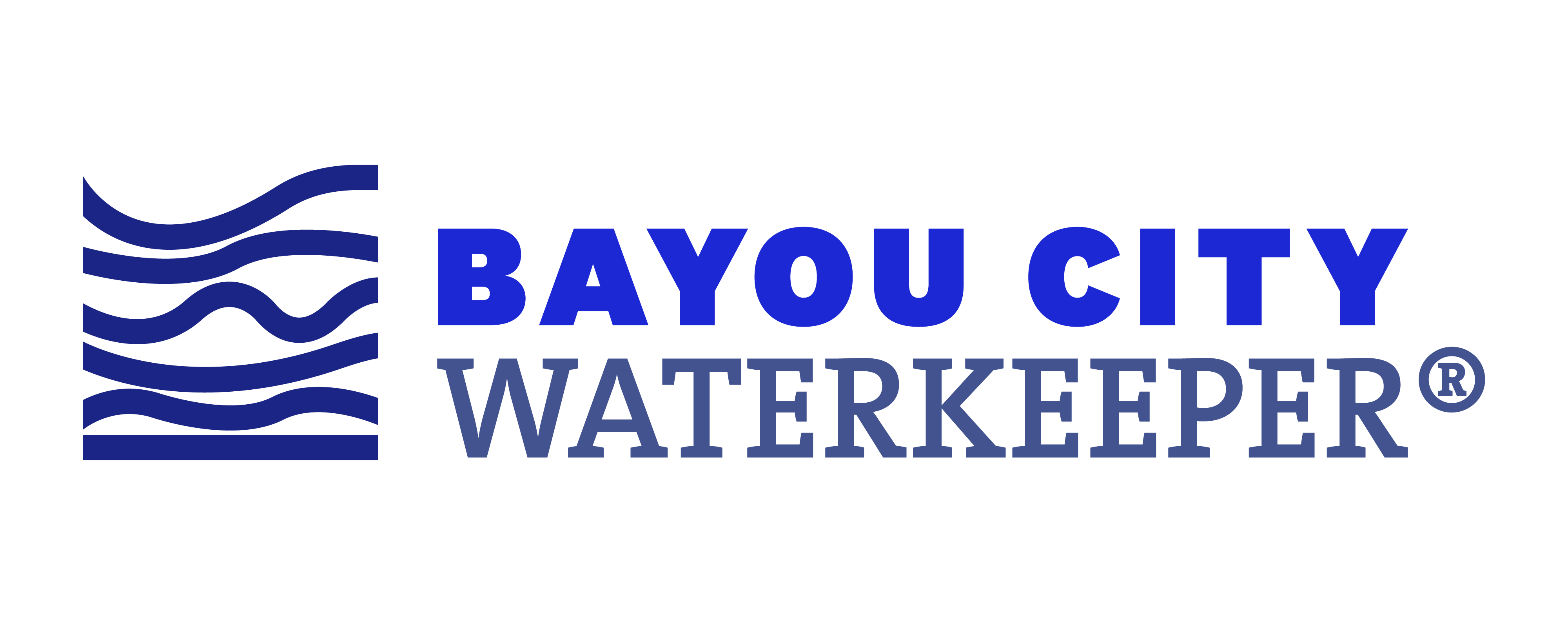Clean Water
What is a sanitary sewer overflow?
A sanitary sewer overflow (“SSO”) occurs when untreated or partially treated sewage is discharged from a wastewater collection system before it reaches the treatment facility. Overflows may take many forms. Rainstorms may overwhelm sanitary and storm sewer systems and carry hundreds of thousands, if not millions, of gallons of untreated sewage into local bayous, rivers, creeks, and bays. Raw sewage may pool in local parks and other spaces used by the public. Toilets may back up into families’ homes. SSOs may be caused by some combination of the failure to operate or maintain a system properly, equipment breaks or failures, blockages, or other deficiencies with the system. Whatever form an overflow takes, it dirties local water, harms public health, and potentially violates the Clean Water Act. Depending on when they occurred, violations trigger penalties ranging from $53,484 to $56,460 per violation, per day per violation.
Sanitary sewer overflows are potentially harmful untreated discharges into local bayous, parks, and neighborhoods. Monitoring SSOs assist Bayou City Waterkeeper’s advocacy for clean water in our region. We understand that water quality affects people at multiple levels, and sewage overflows is one of the ways pollutants tend to cause direct problems for community members. In addition to the fight for clean water in homes and communities, BCWK is also taking clean water one step forward to climate justice.
These overflows have increased our vulnerability to illness and dirtied local bodies of water. The Texas Commission on Environmental Quality, our state’s chief environmental regulator, has classified close to half of our bayous, rivers, and smaller streams as “impaired”—meaning that they are polluted and need to be cleaned up. This largely is due to elevated levels of bacteria and other markers of pollution associated with faulty sewage treatment. Though this problem spans the entire region, zip code matters: if you are Black, brown, or poor in Houston, you are more likely to experience a sewer overflow and related health effects.
City of Houston SSOs
In 2021, Bayou City Waterkeeper served a notice of intent to sue over how more than 9,000 of these overflows violated the Clean Water Act, the Environmental Protection Agency filed a federal enforcement action. In Spring 2021, a federal judge in Texas approved a legal settlement requiring the City of Houston to spend $2 billion on its sanitary sewer system over the next 15 years. In 2018, Bayou City Waterkeeper uncovered these violations after combing through five years of data submitted by the City of Houston to the Texas Commission on Environmental Quality. We identified thousands of illegal overflows that had occurred across the City’s massive sanitary sewer system and had polluted our local bayous and creeks, as well as neighborhood parks and school playgrounds. This led us to serve the City of Houston with a notice of intent to sue under the Clean Water Act, which prompted the United States and State of Texas to file an enforcement action two months later.
City of Baytown SSOs
In 2021, Bayou City Waterkeeper served a notice of intent to sue over how more than 9,000 of these overflows violated the Clean Water Act, the Environmental Protection Agency filed a federal enforcement action. In Spring 2021, a federal judge in Texas approved a legal settlement requiring the City of Houston to spend $2 billion on its sanitary sewer system over the next 15 years. In 2018, Bayou City Waterkeeper uncovered these violations after combing through five years of data submitted by the City of Houston to the Texas Commission on Environmental Quality. We identified thousands of illegal overflows that had occurred across the City’s massive sanitary sewer system and had polluted our local bayous and creeks, as well as neighborhood parks and school playgrounds. This led us to serve the City of Houston with a notice of intent to sue under the Clean Water Act, which prompted the United States and State of Texas to file an enforcement action two months later.
Community Resources

Poo Reports
Bayou City Waterkeeper’s monthly Poo Report monitors the City of Houston’s compliance with the consent decree. As the City invests, our Monthly Poo Report aims to help our community to see how this investment is (or is not) making a difference across Houston and closely monitor the City’s compliance with the consent decree.

Justice in the Sewers
BCWK has translated the city of Houston’s reports into an interactive map. This map looks at the data received so far from the city through its consent decree-mandated reports, alongside the U.S. Census Bureau data reflecting income and race or ethnicity. These visualizations reveal ongoing sewer overflows across the city, both from the city-owned system and problems on private property, for which the city has disclaimed any responsibility.
